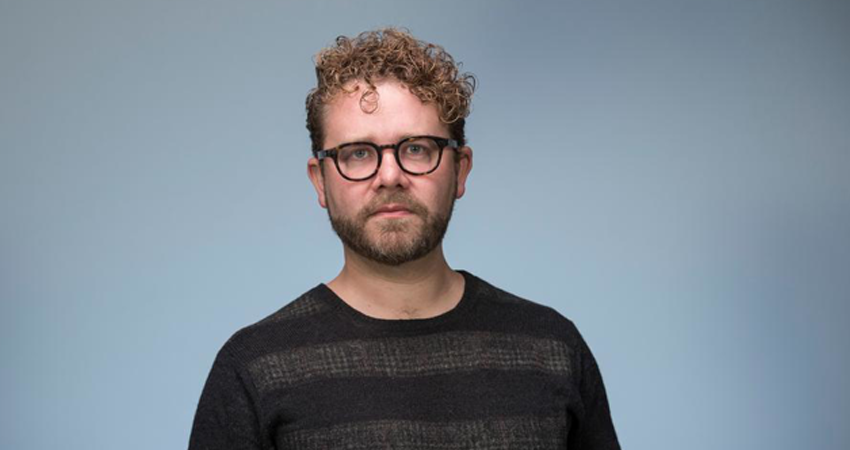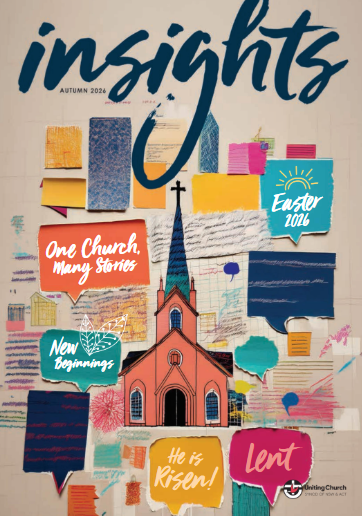On Wednesday, 20 August, Western Sydney University hosted a seminar on the history of the Australian religious right and the anti-abortion movement .
The speaker, Dr Tim Jones, who is an Associate Professor at La Trobe University in Victoria. He is currently writing a book about the history of the Christian Right in Australia, focusing on the years from 1969 to 1996. He told the audience that the anti-abortion movement was a sincere political movement that was responsible for promoting misinformation.
Rather than adopting a “culture wars” frame, Dr Jones said he aims to use a “reparative approach” that built bridges between people with very different beliefs.
This involved approaching the movement as “almost a critical friend.”
Dr Jones is not writing the book entirely from an outsider perspective, as his family were involved in the movement.
“I grew up in a conservative environment,” he said. “I’m trying to understand the (movement).”
His father was, “offered Fred Nile’s role in the Festival of Light, apparently, before Nile took it up.”
According to Dr Jones, there is a need to record the movement’s history, as this work has not really been undertaken.
“They’ve done very little work on their own history,” he said. “(There is) very little authorised history of the movement itself. The movement’s records are patchy and… factually wrong about when they started.”
“The records are thin and the few oral histories I’ve done…have been not very helpful. There were very little critical or reflective memories.”
Dr Jones described the movement as one that changed over time.
Driving the movement was a post-sectarian politics that united Catholics and Protestants.
“Earlier Chirstian politics in Australia is highly sectarian,” he said. “Catholics and Protestants (had) nothing to do with each other. This post-sectarianism is formed on sexual politics, but not common theology. They’re wanting to preserve the traditional family.”
According to Dr Jones, the anti-abortion movement in Australia was a “Distributed and diverse social movement.”
He said he believed the anti-abortion movement was formed out of genuine religious belief.
“You could say that the anti-abortion movement is the new Christian right at its most honest,” he said. “We just see a lot of people who are extremely motivated. Individuals going to great lengths…because of their sincere belief that abortion is murder.”
According to Dr Jones, while the movement was largely sincere, it had been responsible for promoting “dodgy science”, including the debunked link between abortion and cancer.
“They sincerely believe that abortion is murder,” Dr Jones said. “They’re really plagued by confirmation bias.”
This included a “visceral politics” which included developing materials for high school students and entering schools to ‘educate’ young girls.
“What’s different about the Australian anti-abortion movement and new Christian right more broadly is they get directly involved in Australian politics. They set up their own political parties or stand as independents very early. They’re much more invested in trying to get into parliament…Brian Harradine being the most successful right-to-life candidate.”
“Even in that case, Harradine was not close to right-to-life movements.”
The anti-abortion movement, he said, has “thrived on failure.” Outside of the initial banning of RU486, they scored very little definitive wins.
Dr Jones said his book is at an early stage, and that delivering the Seminar helped clarity some of his approach.
The Uniting Church Synod of NSW and the ACT supported legislation to decriminalise abortion in NSW in 2019. In an open letter published ahead of debate on a bill, then-Moderator Rev. Simon Hansford said abortion was a health and social issue.
“Respect for the sacredness of life means advocating for the needs of women as well as every unborn child,” Rev. Hansford wrote. “Whilst we encourage our ministers to remind people of the sacredness of life, the church’s role should be to offer care and support leading up to and following a decision, not stand in judgment.”
The seminar was organised by Western Sydney University’s School of Social Sciences, as part of its Religion & Society Online Seminar Series. Past speakers include Dr Elenie Poulos and Professor Marion Maddox.
More on the series, including past event videos, is available on the website here.
Jonathan Foye is a freelance journalist and academic.






